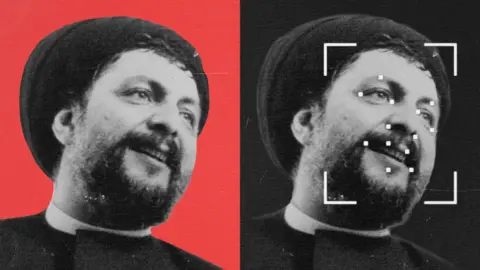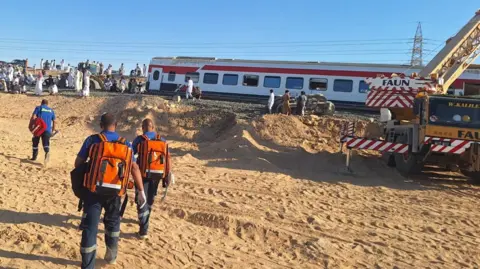Greece has taken the significant step of suspending the processing of asylum applications from North Africa for the next three months, following a notable surge in the arrival of migrants. Prime Minister Kyriakos Mitsotakis has stated that individuals arriving by boat from this region will be arrested and detained, emphasizing the government’s commitment to combatting human trafficking. "This emergency situation requires emergency response measures," Mitsotakis declared, stressing that the message to traffickers is clear: the resources spent on failed attempts to reach Greece will be in vain.
The provisions enacted draw parallels to Greece's response in 2020 when similar measures were enforced to halt the influx of migrants at the Turkey land border. The Greek government has committed to submitting draft legislation to parliament aimed at bolstering this effort.
Migration Minister Thanos Plevris reinforced the message on social media platform X, stating: "Clear message: stay where you are, we do not accept you." This policy follows a staggering increase in migrant landings on the southern islands of Crete and Gavdos, where over 2,000 individuals have arrived in recent days, bringing the total to 9,000 since the beginning of 2025—a jump of 350% compared to the same period last year.
Local officials, including Vasilis Katsikandarakis from the Western Crete Coast Guard Personnel Association, voiced concerns about the intense strain on resources, noting that "immigration is suffocating us." The influx has left authorities scrambling to accommodate the new arrivals, leading to several hundred people being housed temporarily in a market hall under poor conditions.
The current migrant flow has prompted coordination efforts among Greek, Italian, and Maltese officials, who aimed to meet with Libyan authorities to discuss the rising departures but were barred from entering Libya due to governmental disputes. Nonetheless, Mitsotakis expressed readiness for the Greek army to work with Libyan officials to curb boat departures.
However, human rights organizations have raised alarms regarding Europe's dealings with Libya, criticizing the harsh conditions faced by migrants returned to detention camps by the Libyan coastguard. Amnesty International condemned the approach, arguing that such measures reflect a disregard for the lives and dignity of those seeking refuge.




















